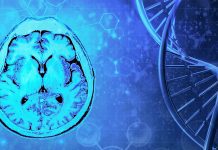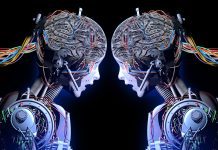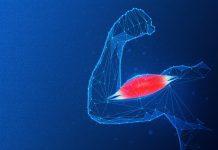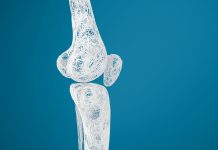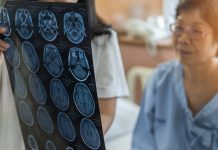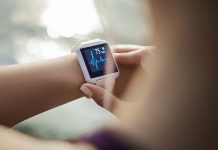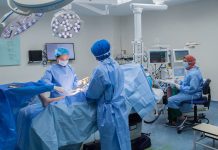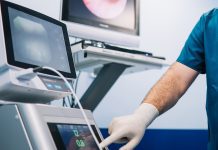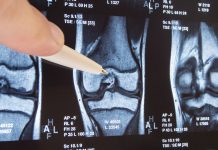Clinical guidelines for Schaaf-yang syndrome have been released
The first clinical guidelines on the ultra-rare disease, Schaaf-yang syndrome, have been released, aiming to improve knowledge and treatment of the condition.
The guidelines are...
Autism diagnosis: does postcode come into play?
New autism diagnoses tend to be clustered within specific NHS service regions, suggesting that location may influence autism diagnosis likelihood.
New research by the University...
Hydrocortisone could help people with PTSD recovery
A new study has found that hydrocortisone could accelerate the process of forgetting intrusive memories when given after a traumatic event.
A University College London...
Are digital twins the future of healthcare?
Researchers from Queen Mary University of London are the latest to join the Ecosystem for Digital Twins in Healthcare (EDITH), which aims to improve...
Aerobic fitness does not protect children from metabolic syndrome
Researchers from the University of Jyväskylä and the University of Eastern Finland have found that high aerobic fitness in children does not protect them...
Healing damaged tissue: understanding the challenges of TERM
Lorna Rothery spoke to Pierre-Alexis Mouthuy about the key challenges and considerations within the fields of tissue engineering and regenerative medicine (TERM).
Health Europa Quarterly...
A new study will aim to revolutionise well-being for children in care
A pending study from Kingston University, London will assess how mental health and well-being support can be improved for young people and children in...
New technology could halve global rates of stillbirth
Researchers from University College Dublin (UCD) and Imperial College London have developed a wearable baby movement monitor that may help prevent stillbirth.
The ability to...
Genetic sequencing can predict the severity of kidney cancer
Researchers from the Karolinska Institutet in Sweden have identified four specific genes in kidney cancer cells that may help predict the risk of tumour’s...
Using Machine Learning for classifying key immune cells
Researchers have developed a new Machine Learning technique to accurately classify the state of macrophages, which are key immune cells.
It is important to classify...
Why side effects of smoking impact women more
New research has been presented at ECNP Congress in Vienna into the effects of smoking in women, highlighting oestrogen production and behavioural differences between...
Streamlined drug delivery system used to fight bone infection
A new high-efficacy drug delivery system has been launched to fight bone infection and bacterial resistance.
Every year, around 700,000 people die due to antibiotic...
Understanding stem cell transplant complications
Researchers from MedUni Vienna have identified the cause of organ damage, which is common after a stem cell transplant.
Organ damage is common in as...
Does the Mediterranean diet ward off dementia?
A new study finds that the Mediterranean diet is not linked to a reduced risk of dementia, despite research suggesting otherwise.
In a new study...
Signs of dementia can be identified nine years before diagnosis
Researchers from the University of Cambridge have found that signs of dementia can be detected in patients as early as nine years before an...
Can a smartwatch accurately detect atrial fibrillation?
Investigators report on whether a smartwatch can detect atrial fibrillation using electrocardiogram (ECG) technology accurately.
Extended cardiac monitoring in patients using implantable cardiovascular electronic devices...
A new way to stop postoperative bleeding after heart surgery
Researchers from Instituto Gulbenkian de Ciência (IGC) have presented a new approach to reducing postoperative bleeding after heart surgery.
Postoperative bleeding is one of the...
Colorectal cancer screening methods may need rethinking
A study into colorectal cancer screening methods has suggested that colonoscopies may not be as effective as previously thought.
It has previously been assumed by...
Harnessing generative design for knee implants
An advanced design technique, used in aerospace and automotive industries, could revolutionise personalised medical devices, such as knee implants.
Researchers at the University of Birmingham,...
Ultra-processed food intake in mothers linked to obesity in children
A new study shows that the offspring of mothers consuming ultra-processed foods have a higher risk of being overweight or obese.
The researchers published their...







